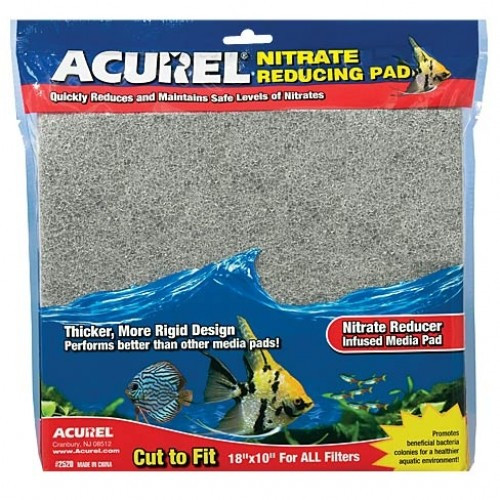Posted by: ChristBearer2111 I am open to ivestegating any ideas that you have as far as finding the cause of the nitrates. Only thing I can figure is there is still a lot of corline die off on my live rock. I have noticed some brown algae beginning to grow as well now.if it is caused by the die off I am guessing all I can do is wait it out? I used a powerhead to blow off the rock and then vacuumed the sand bed really good to try to get out anything that may be decaying. My rock continues to get less and less purple. said:
jccaclimber is correct, you might also read that article I linked above. I'd also like to see a picture of your sump and those bioballs in particular.In the short term, you might also try the other things mentioned (MP block, WC, Fuge, etc.) to reduce nitrates to an acceptable level and see if those stick. It is possible this is temporary due to the newness of the tank.

